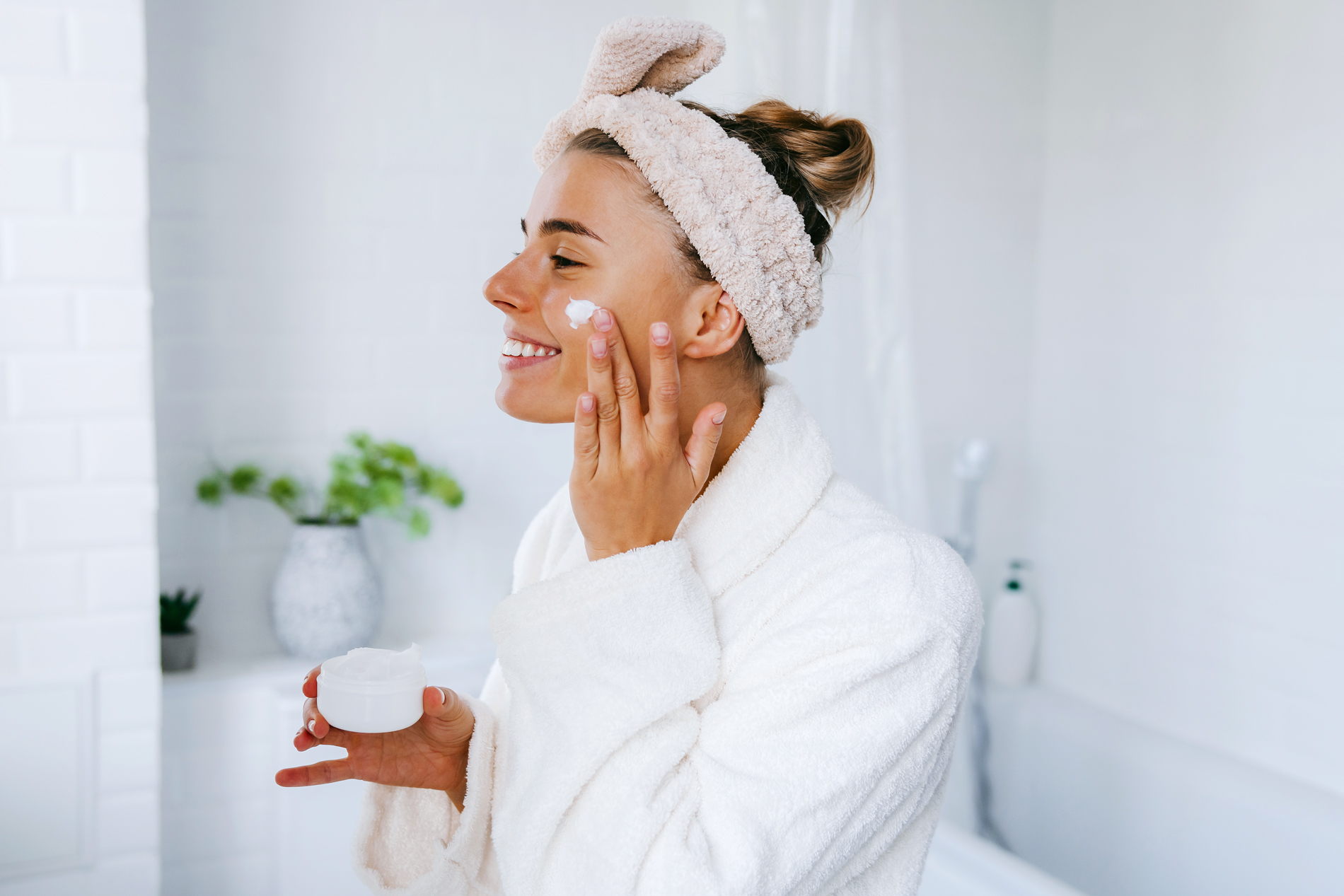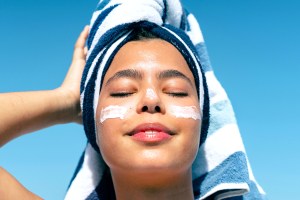We independently evaluate all recommended products and services. If you click on links we provide, we may receive compensation.
Your wardrobe changes with the seasons, and so should the way you take care of your skin. This is especially important during the winter, when the air gets drier and extra biting. “Colder weather, lower humidity, and indoor heating can strip moisture from your skin, leaving it dry, irritated, or even more sensitive,” Dr. Marisa Garshick, a New York City-based dermatologist, explains. “Winter skin care should focus on hydration, protection, and barrier repair to prevent dryness and other cold-weather skin issues like flakiness, redness, and sensitivity.”
The key is selecting the right products — and most importantly, using hydrators with richer formulas. “Thicker, cream-based moisturizers offer more hydration and nourishment. Look for occlusive ingredients that help seal in moisture,” Dr. Garshick says. Occlusives create a barrier between your skin and the air, protecting and trapping in moisture so that your face doesn’t dry out as quickly. Ingredients such as shea butter, jojoba oil, beeswax, petrolatum, and lanolin all fall under this category.
It’s more than just occlusives, though. Humectants (ingredients that attract water to the skin) and emollients (which soften the skin) are also an important part of a winter routine. “Look for products containing hydrating and barrier-strengthening ingredients like hyaluronic acid, ceramides, glycerin, and squalane. These ingredients help to lock in moisture, repair the skin barrier, and protect against cold, dry air,” Dr. Garshick says. You should also keep an eye out for soothing ingredients. “Niacinamide, oat extract, and aloe vera are beneficial for calming irritation and keeping the skin smooth and supple during harsh weather conditions,” she adds.
Another important part of putting together a foolproof winter skin care routine is avoiding products that irritate your skin. Anything that makes your skin feel drier or products with harsh exfoliants (both physical and chemical) should be used with caution. “Alcohol-based products, particularly in toners or astringents, can strip the skin of essential moisture,” Dr. Garshick warns. Also try to avoid anything that might be heavily fragranced, since that can trigger sensitive skin types.
On the hunt for some winter-ready products but don’t know where to start? For your body, Curél’s Ultra Healing Body Lotion is an affordable choice for the cooler months. If you have expensive taste, Dr. Garshick likes Rescue MD’s Revitalizing Body Cream, a souped-up moisturizer that fights irritation, scars, redness, fine lines, and more as it restores your skin. For your face, First Aid Beauty’s Ultra Repair Cream Intense Hydration is a solid choice, and it’s made with colloidal oatmeal, which is soothing, especially for folks with skin conditions such as eczema or psoriasis. The La Roche Posay Double Repair Face Moisturizer also works to protect and restore your skin barrier.
One last thing: Don’t forget sunscreen. Yes, winter means fewer hours of daylight and less time outside, but that doesn’t render UV rays harmless. They’re damaging year-round, so be sure to keep sunscreen in your rotation, too.
This article is for general informational purposes only.
Affiliate Disclaimer Medical Disclaimer
















 Unique Beauty is free for all users.
Unique Beauty is free for all users.